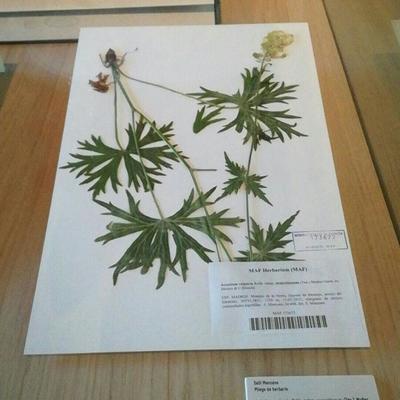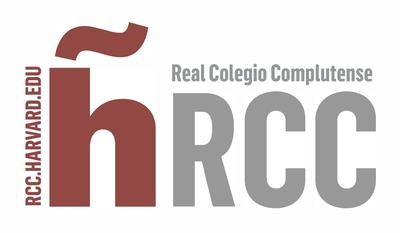Co-Chairs: Daniel Pablo de la Cruz Sánchez Mata (Associate in the Harvard University Herbaria; Professor, Complutense University, Faculty of Pharmacy, MAF Herbaria); Charles C. Davis (Professor, Harvard University, HU Herbaria),
Herbaria, collections of dried pressed plant specimens and their associated data and library materials, are remarkable and irreplaceable sources of information about plant life and their environment.
Data from specimens preserved in herbaria contain a wealth of information that can be used to provide the comparative material for all kind of biological studies including plant conservation, ethnobotany and paleobiology, economic botany, as well as being used for teaching and by the public.

It is estimated that over 250 million plant specimens exist in more than 3,000 herbaria in over 150 countries. These huge collections of plants housed in research and educational institutions around the world are also sources of potential, alternative body of data for studying long-term phenological responses to climatic change. Understanding how climate change will affect species biology and distribution is one of the most important challenges we face.
Herbaria specimens represent real images of biological and phenological events (e.g., flowering, fruiting, seed formation) at a specific place and time may allowing us to determine whether a given species has changed its phenology in parallel with climate. Other important studies related with herbaria and plant collections are historical ecology, habitat disturbance, weed ecology, food science, pharmacognosy, pharmacology, and forensic sciences, among others.
Study group main goals:
-Promotion and development of specialized research on botanical collections, such as monitoring global climate change through biological or phenological studies. This broad new research field has extremely interesting applications, and in recent years has featured in much of the scientific literature on climate change processes and global plant conservation strategy related to the use of herbaria data and records.
-Promotion of staff and faculty mobility within the group’s institutional members.
-Design and preparation of scientific projects suitable for international calls on the subject of the value of botanical collections.
-Proposal for open international seminars and scientific meetings at different venues in the group.
-Promotion, dissemination and publicizing of the knowledge of the botanical collections and their scientific and real value for people.
